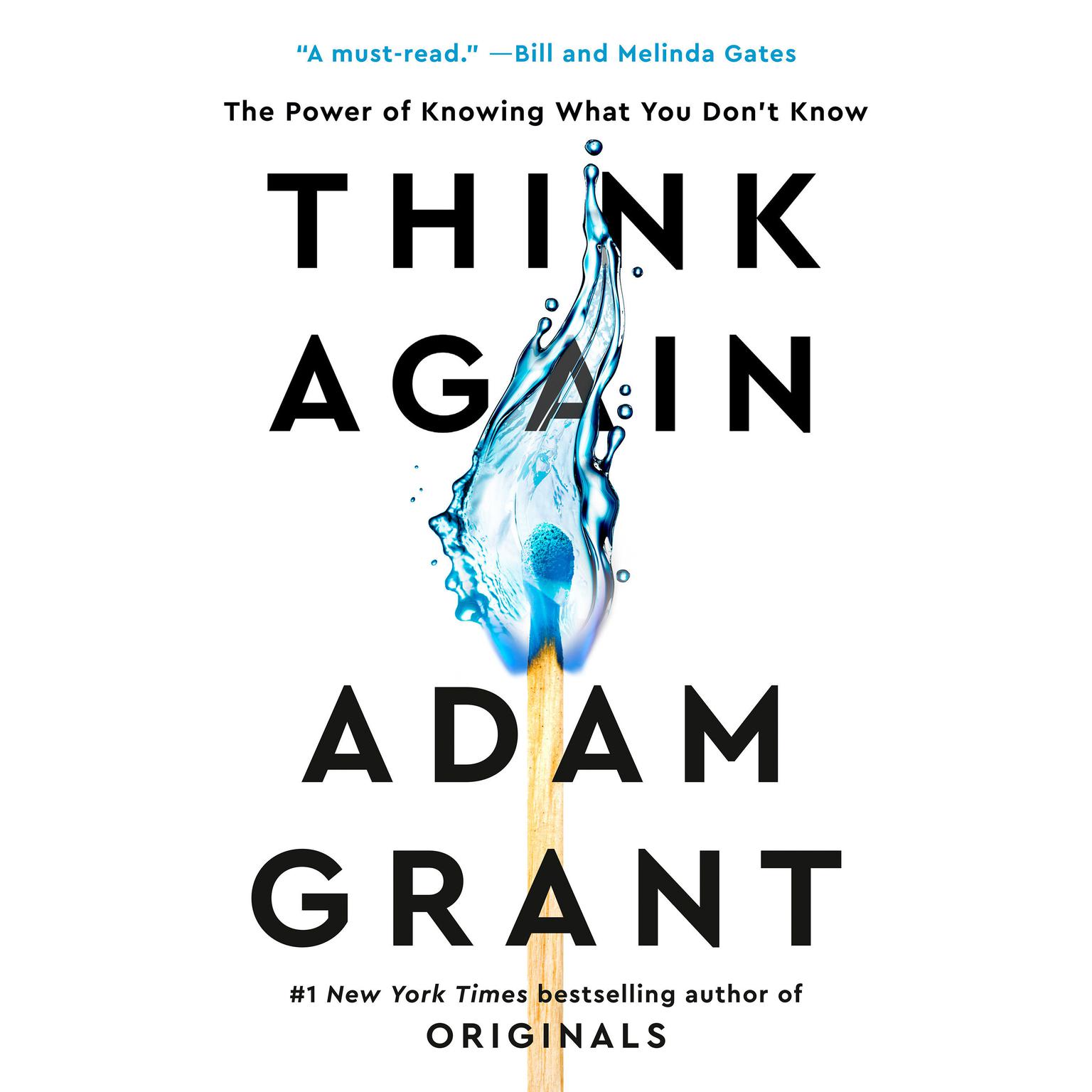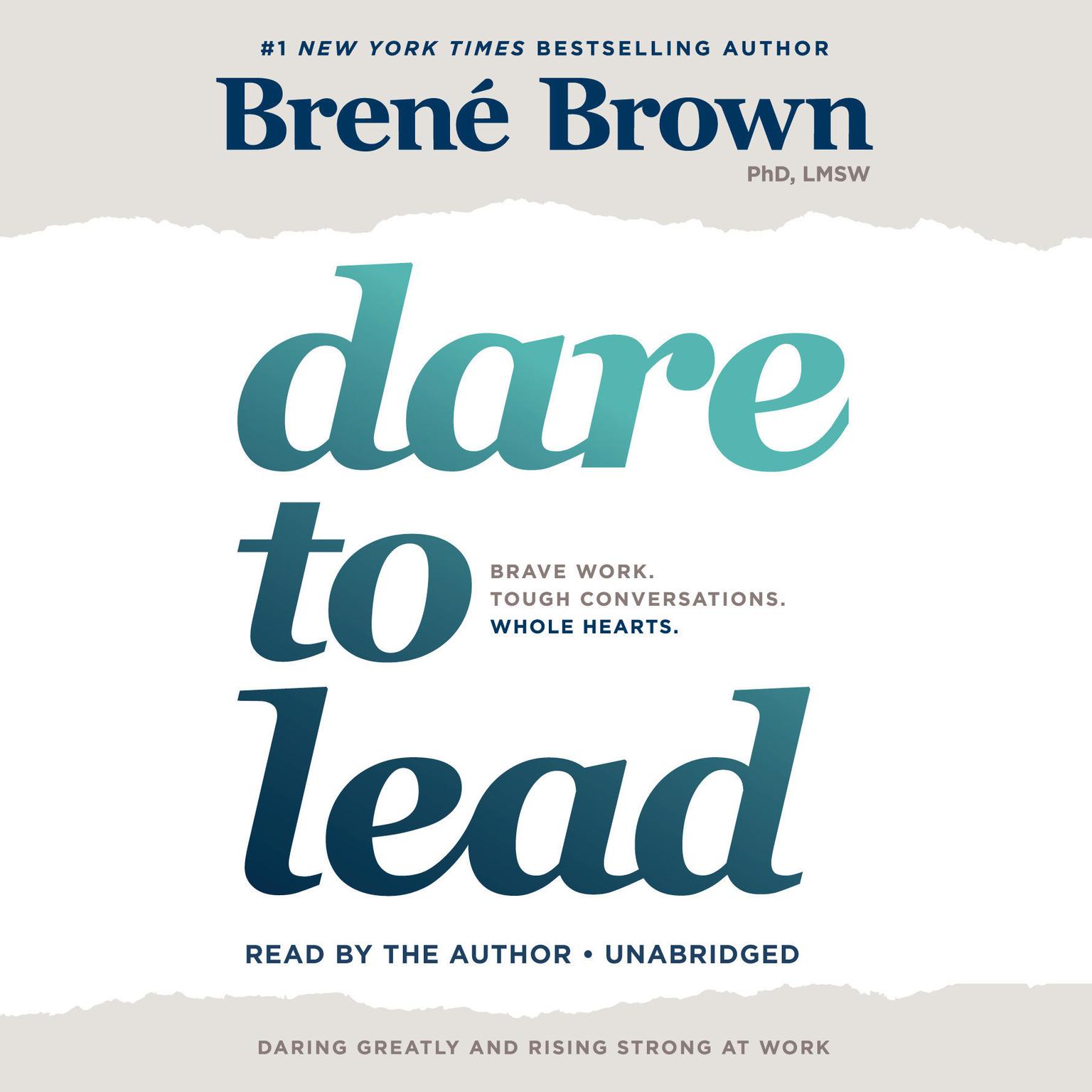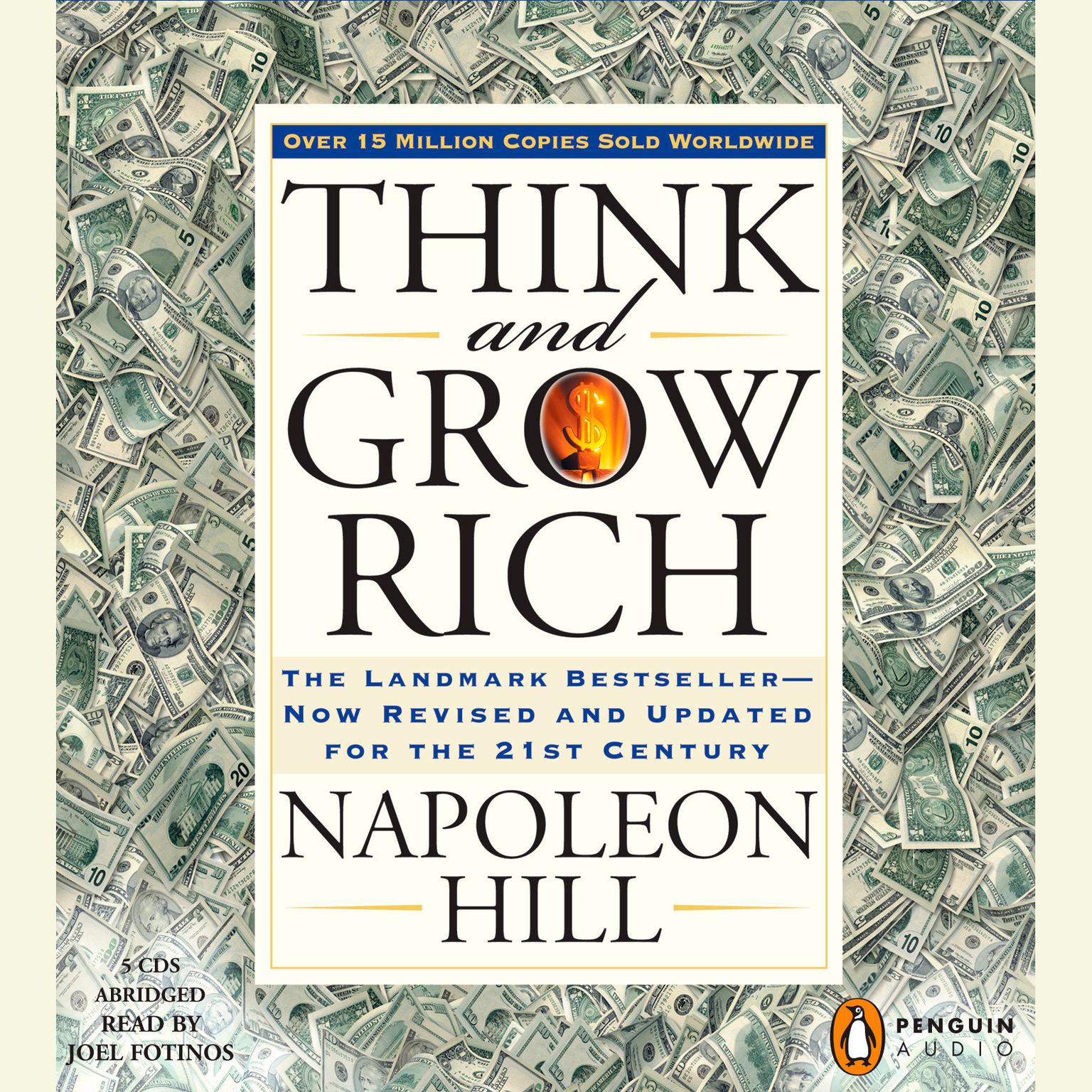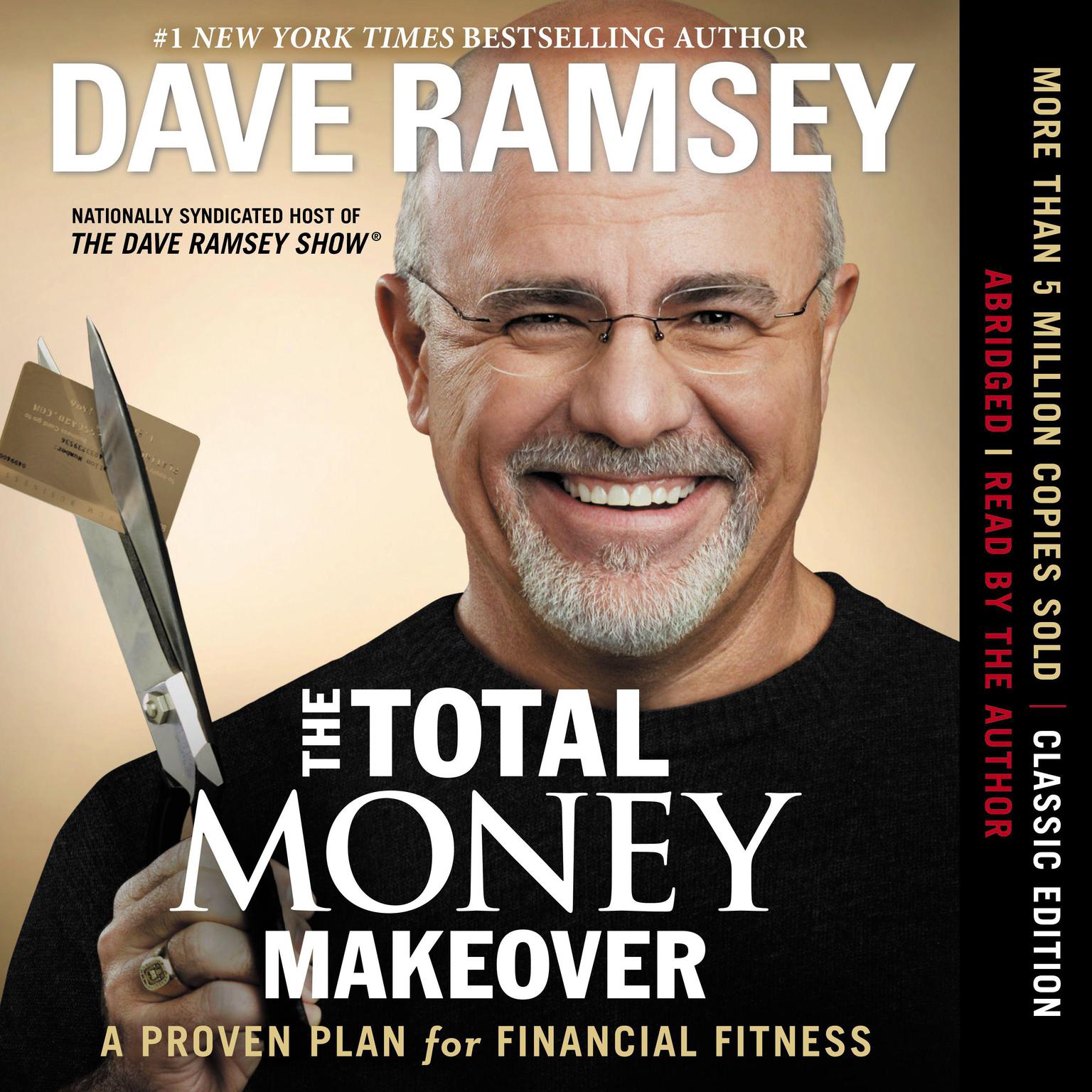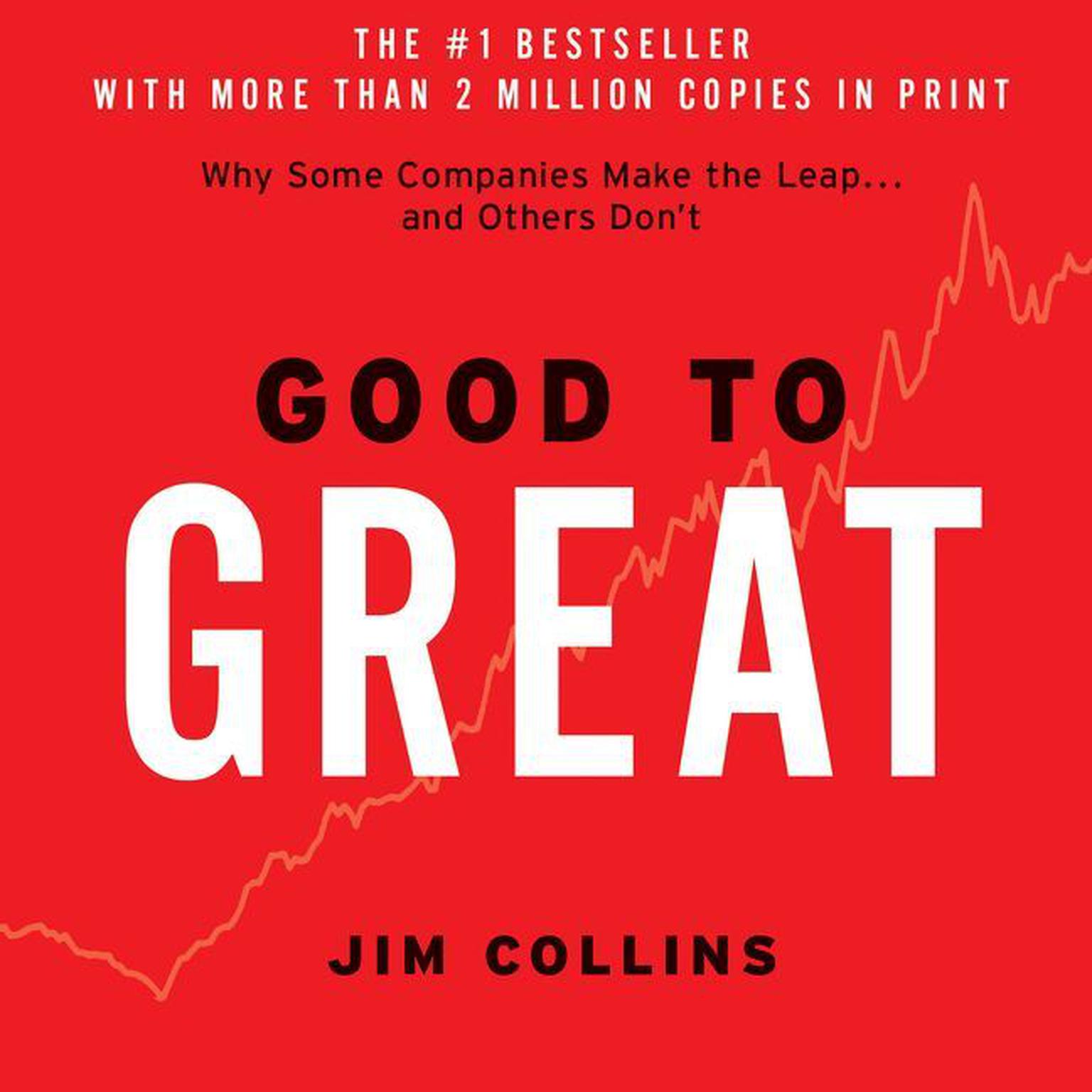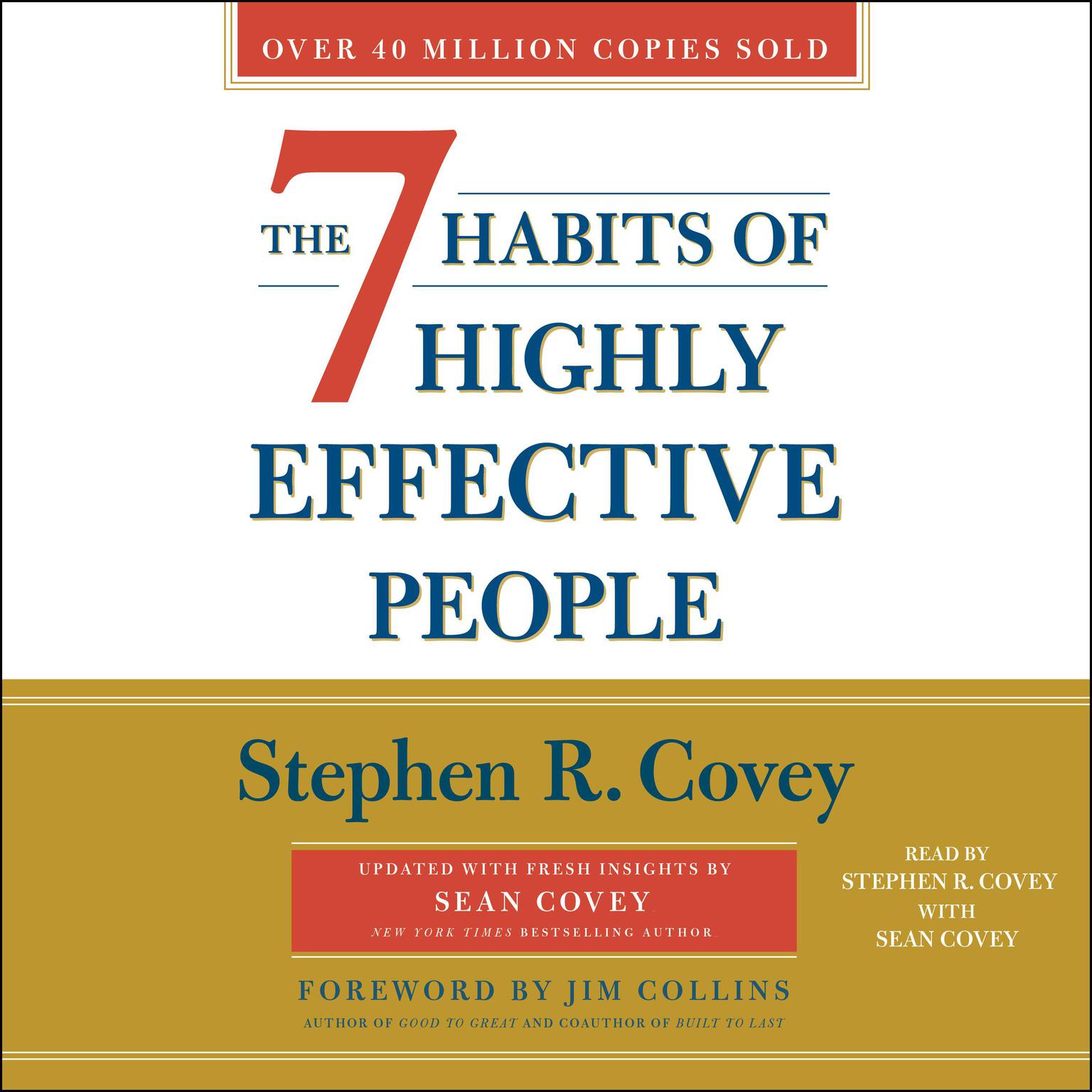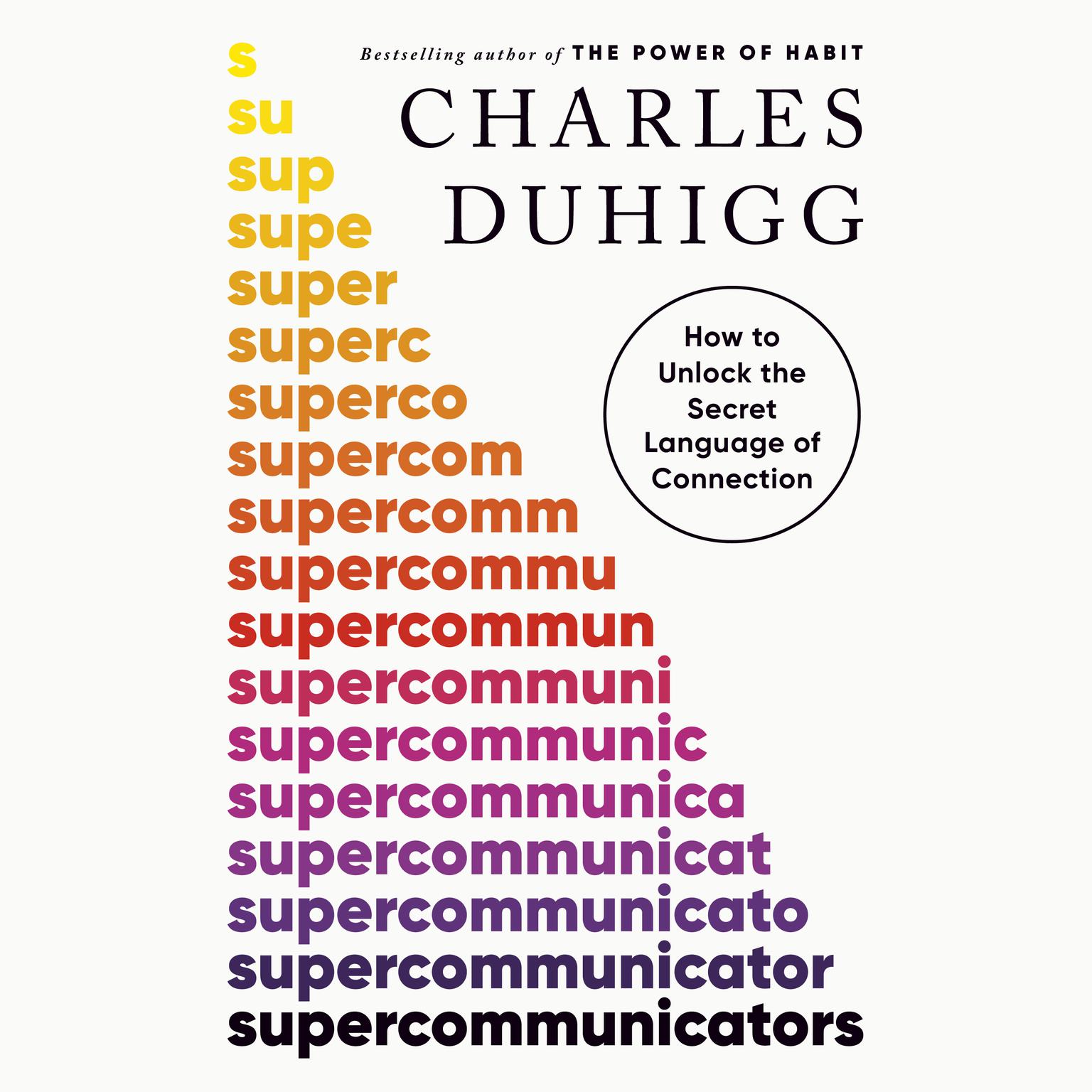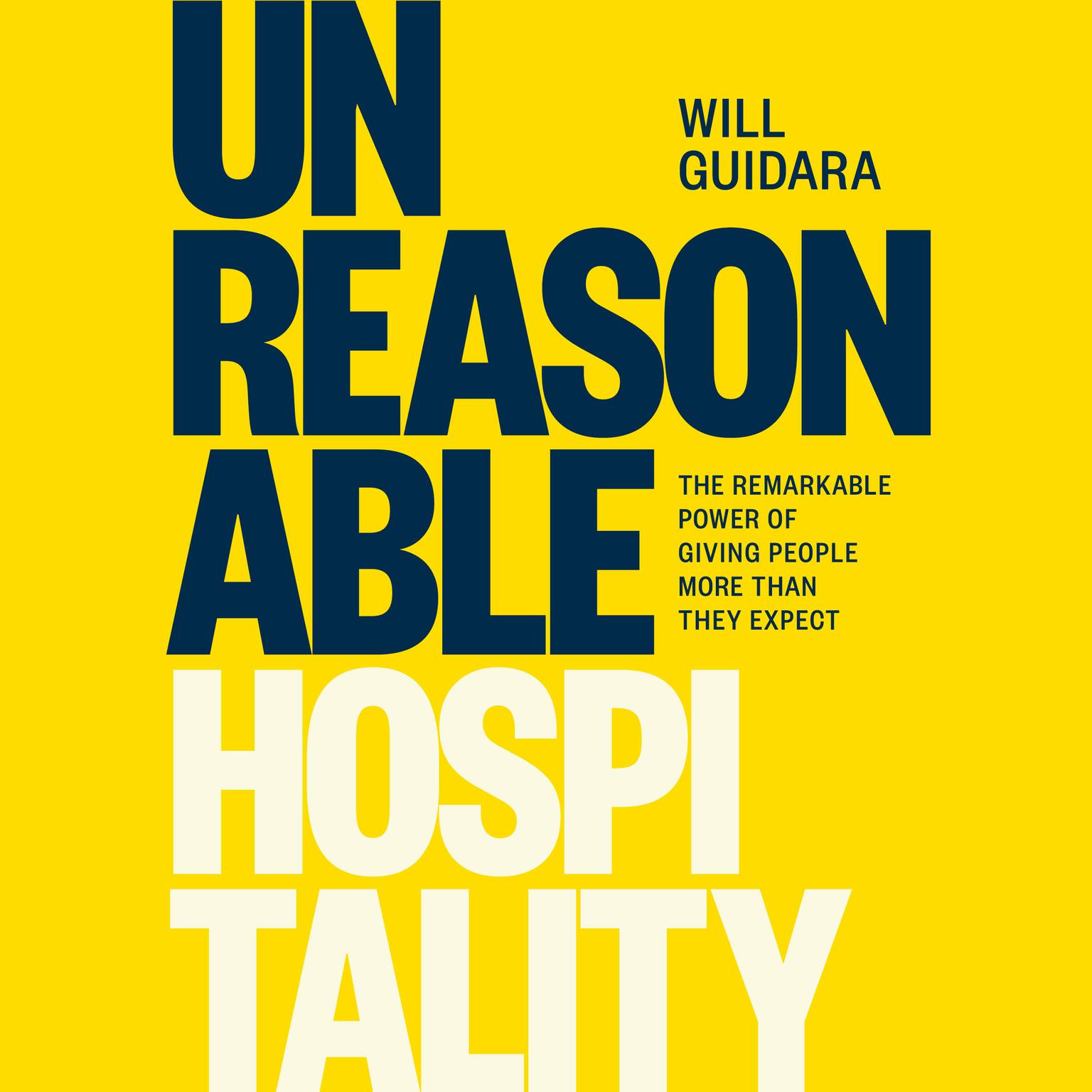Publisher Description
Women are constantly being told that it’s simply too difficult to balance work and family, so if they don’t really “have to” work, it’s better for their families if they stay home. Not only is this untrue, Leslie Bennetts says, but the arguments in favor of stay-at-home motherhood fail to consider the surprising benefits of work and the unexpected toll of giving it up. It’s time, she says, to get the message across—combining work and family really is the best choice for most women, and it’s eminently doable.
Bennetts raised two children while earning a living, and understands the challenges and the rewards firsthand. She and millions of other working women provide ample proof that there are many different ways to have kids, maintain a challenging career, and have a richly rewarding life as a result. When women sacrifice their financial autonomy by quitting their jobs, they become vulnerable to divorce as well as the potential illness, death, or unemployment of their breadwinner husbands. The truth is that when women gamble on dependency, most eventually end up on the wrong side of the odds.
Not since Betty Friedan has anyone offered such an eye-opening and persuasive argument for why women can—and should—embrace the joyously complex lives they deserve.
Download and start listening now!
“All women MUST read this book…Leslie Bennetts’ “The Feminine Mistake: Are We Giving Up Too Much?” To say it is life-altering is a huge understatement. In a nutshell, she tackles the premise that women who quit working because their husband will take care of them (with or without children) is a really stupid idea on oh-so-many levels…financially, emotionally, mentally. And that this causes an infantilizing situation in which the woman becomes like a child to her own spouse, and is typically disengaged with co-managing the finances in the relationship (the fact that many women blindly let the husband put only his name on investments scares the hell out of me). Odds are, at some point they will be put in a situation of getting divorced, or their spouse becomes ill, dies, loses their job, then they (and any children they might have) become completely hosed. When I was in college, I used to think that I would work until I had kids, and then leave permanently leave the workforce, or at least until they were school-age. Now that I’ve worked for a while, I can see that there are increasing fewer opportunities for women to disenage and successfully re-engage in the workforce, and that there are major short- and long-term financial ramifications that can happen as a result. Damn few workplaces honestly let people go part-time and are supportive of that choice, and the few people that I’ve seen that do part-time eventually quit because they’re so thoroughly discouraged and shunned. I’ve seen a majority of women my age leave the workforce over the past few years when they have kids (“because their salary would have gone to child care anyways, so why not?”), and although they think they are “raising their children properly” (because apparently working women can’t), they have closed more doors than opened them. One person pointed out in this book that if paying for child care is the sole decision, you’re basing a couple years of paying for it compared to a lifetime of earning potential. I am grateful for the gift of access to resources such as this, to help me make a well-thought decision in how to run my life in a way that makes me happiest and minimizes my personal risk of financial insecurity in this insecure world.
Here’s a few great quotes from the book:
Page 161…”It’s terrifying to take responsibility for things, but it gets less terrifying if you do it a couple of times. If you take responsibility, there’s a slow accretion of confidence; you begin to feel you’re intelligent, and you know how to get the job done. You know what you know, and you what you don’t know. You know how to get people to support you, how to find the right people, how to ask for advice and take advice and sift through advice and learn what’s good and what’s not. You learn who you can trust and who you can’t. Over the years, it changes you. You become more certain, more secure, more able to deal with anything that comes up. You’re not afraid to speak up, because you know that most of the time, the things you’re going to say are reasonably intelligent. The confidence you get in yourself as you achieve things is very powerful and very satisfying. It makes you feel good.”
Page 177…”if feminism is about the freedom to make choices, true liberation is not having to discuss and defend those choices.””
—
Heather (5 out of 5 stars)



